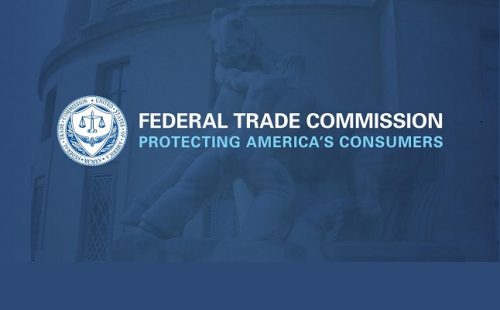
FTC staff sent eight letters to jewelry marketers warning them that some of their online advertisements of jewelry made with simulated or laboratory-created diamonds may deceive consumers, in violation of the FTC Act.
The letters note that in July 2018, the FTC issued updated Guides for the Jewelry, Precious Metals, and Pewter Industries that provide marketers with information on how to make non-deceptive representations about jewelry and related products, including mined, lab-created, and simulated diamonds.
Failure to follow the Guides, the staff warns, may result in enforcement actions if the FTC determines the companies engaged in unfair or deceptive acts or practices. Such actions could result in civil penalties if the company engaged in practices knowing that the Commission has already deemed them deceptive in earlier litigation.
In the letters, the staff expresses concerns that some of the companies advertising fails to conform to the current version of the Guides, and may therefore deceive consumers. Specifically, the staff points out examples where the advertising might imply that a simulated diamond is a lab-created or mined diamond, or that a lab-created diamond is a mined diamond, or where required disclosures about the source of the diamonds are not proximate to the individual product descriptions.
To help educate the companies, the letters caution them not to use the name of any precious stone, including diamonds, to describe a simulated or lab-created stone, unless the name is immediately proceeded by a clear and conspicuous disclosure that the product is not a mined stone. The staff also encourages companies selling simulated diamonds to avoid describing their products in a way that may falsely imply that they have the same optical, physical, and chemical properties of mined diamonds.
The letters also note that similar non-deceptive disclosures are required when advertising jewelry containing precious stones other than diamonds, including emeralds and rubies, as well as pearls.
Several letters also note that the companies have advertised their jewelry as Eco-friendly,Eco-conscious,or sustainable, and that such terms can be interpreted to imply certain specific environmental benefits. Sellers must have a reasonable basis for making such claims for any products and the claims should be adequately qualified to avoid deception. The letters admonish the companies not to use unqualified claims such as Eco-friendly,Eco-conscious,or sustainable, as it is highly unlikely that they can substantiate all reasonable interpretations of these claims.
Finally, in each letter, the staff asks the companies to advise them within 10 days within receipt of steps they plan to take to revise their marketing so that it follows the Jewelry Guides and therefore complies with the FTC Act.
Source: idexonline.


No comments:
Post a Comment